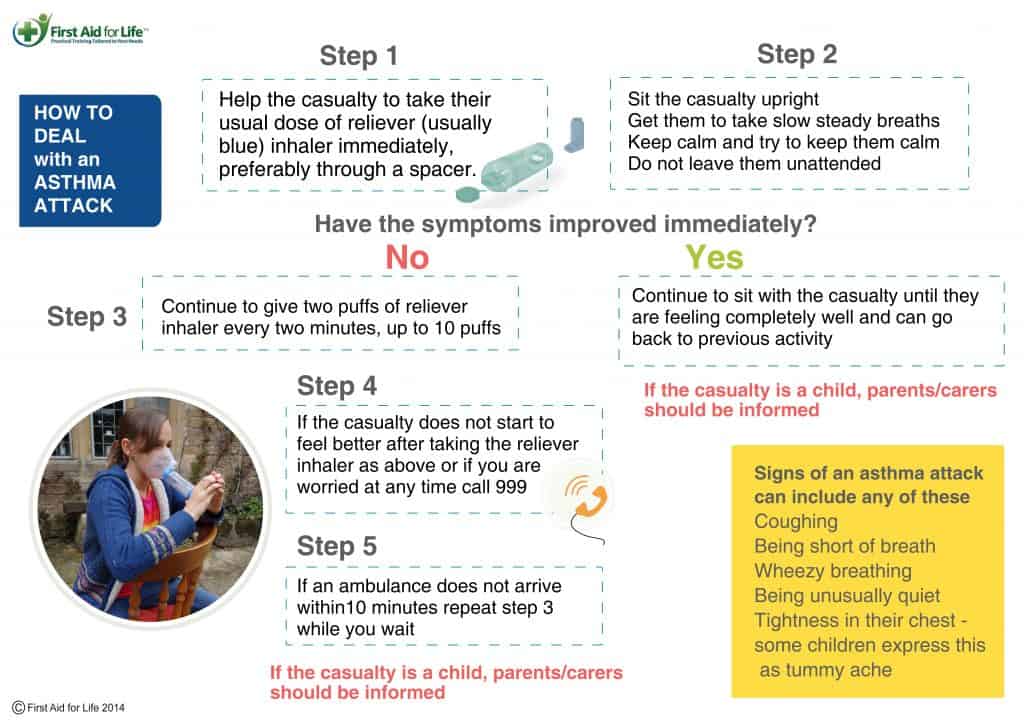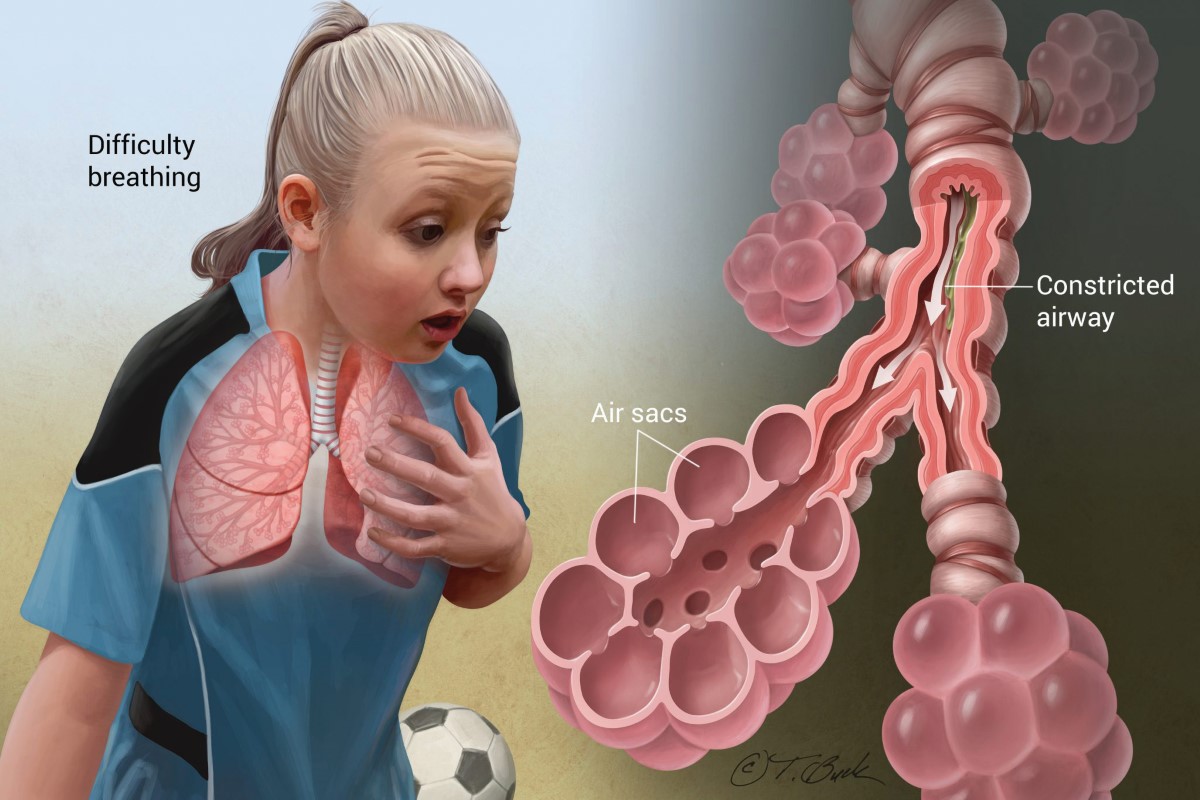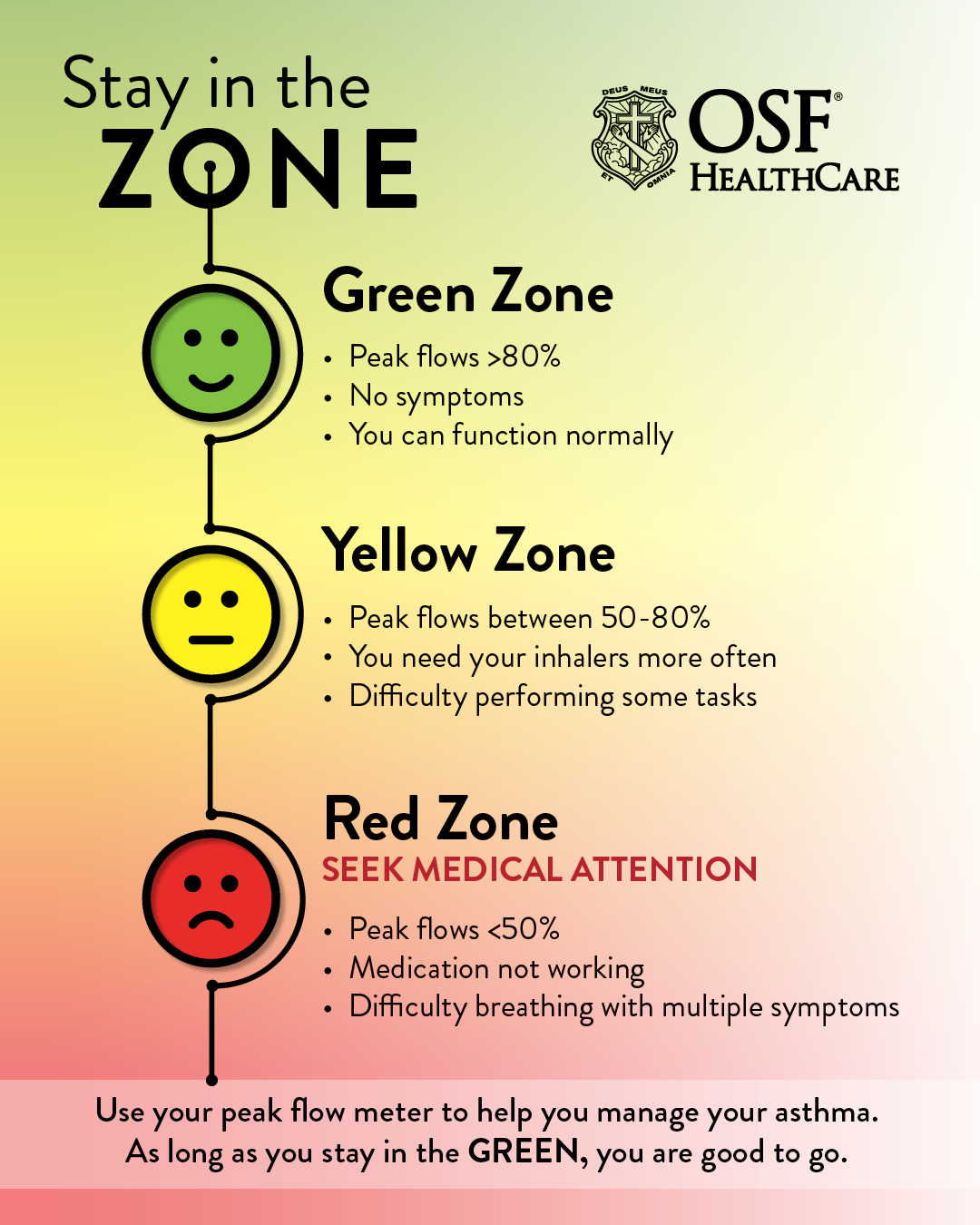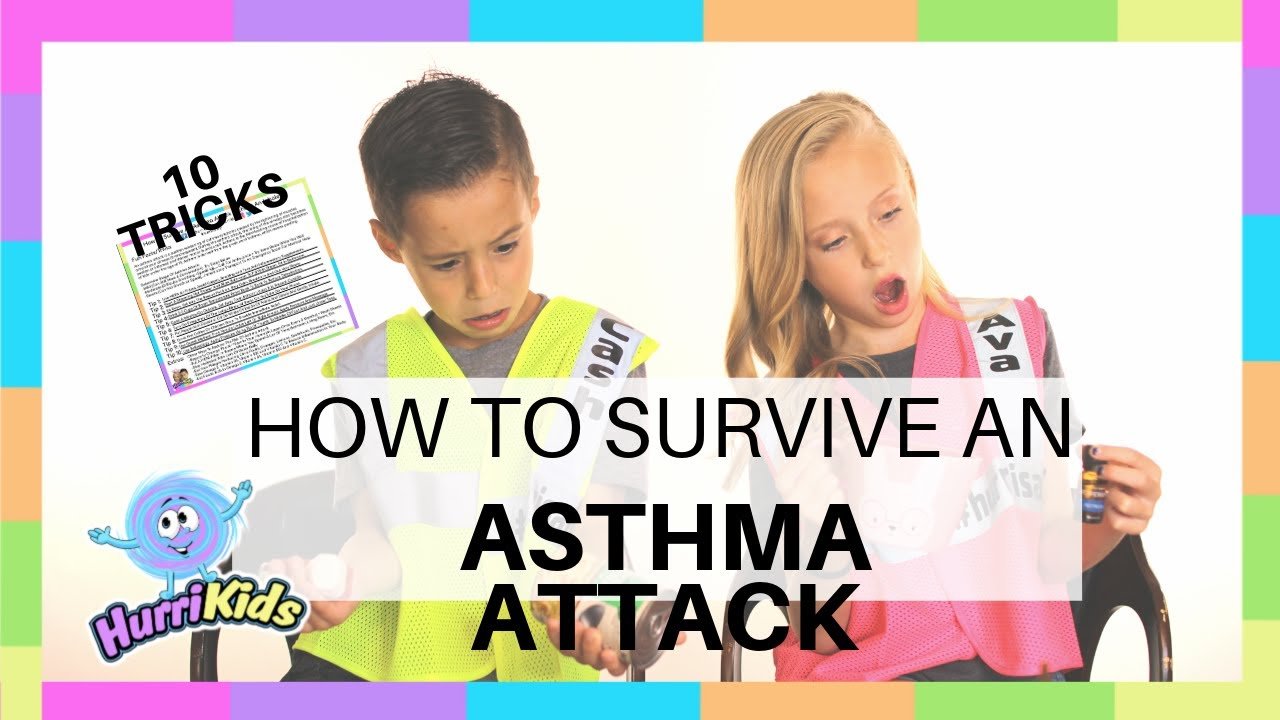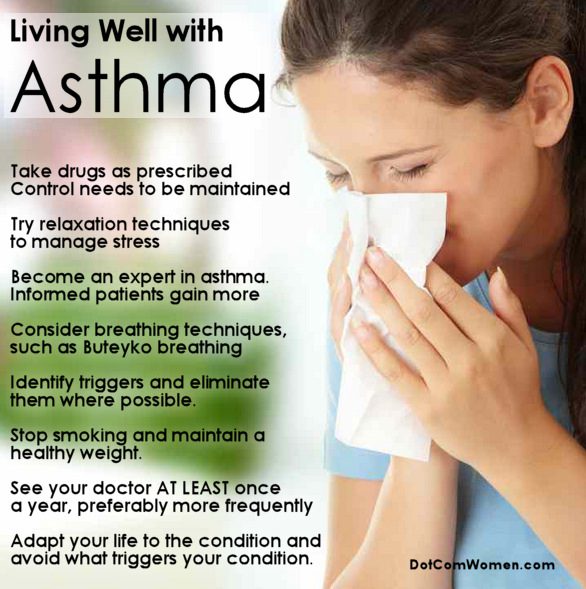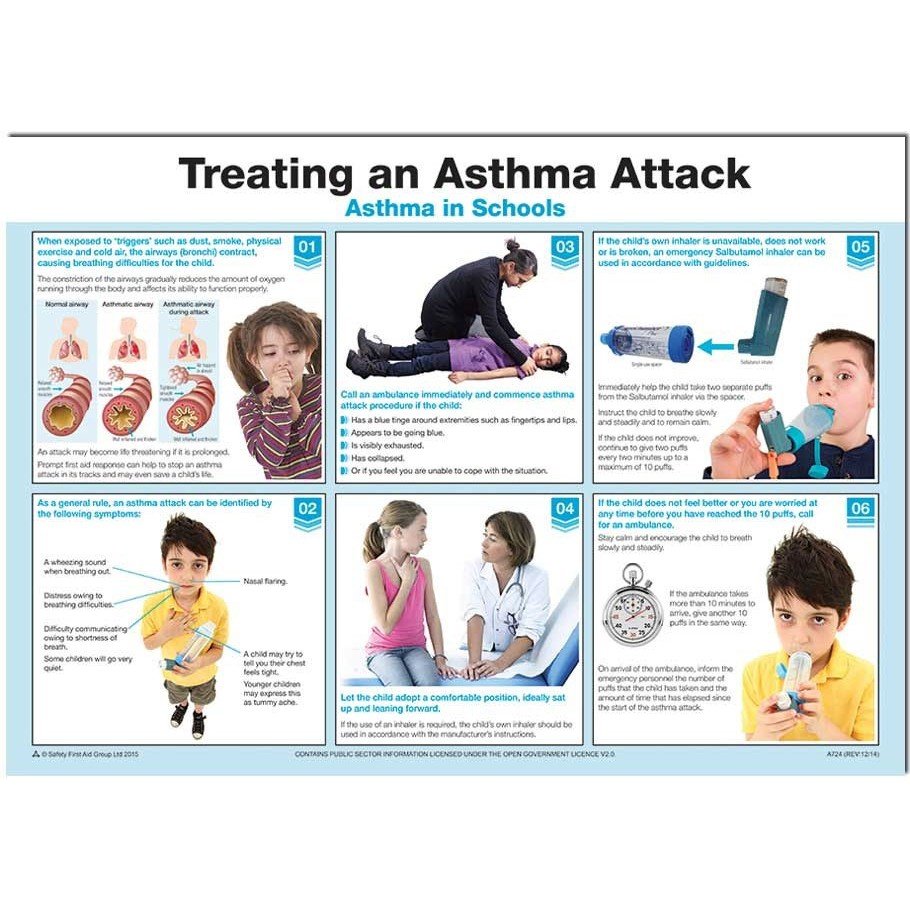Best Tips About How To Deal With An Asthma Attack

Tips for managing asthma while travelling:
How to deal with an asthma attack. A suspected mafia hitman added bleach to communion wine in a brazen attempt to poison a parish priest known for speaking out against organised crime. Learn what to do if you have an asthma attack and don't have your rescue inhaler available, such as calling 911, sitting up straight, remaining calm, and breathing. Methacholine is a known asthma trigger.
Complain of a tight chest or a tummy ache say their reliever inhaler is not helping, or they need it more than usual. Your child may show other signs. Encourage them to sit up straight, breathe slowly and continue to use their inhaler if it helps.
Regular asthma medications may fail to relieve asthma. Keep them calm while you wait for the paramedics to arrive. Asthma can greatly impact a person's quality of life, especially if it is severe.
Keep reading to learn more about why asthma attacks occur, the symptoms, and how to. If you feel worse at. There are different methods that you can practice so that you're ready if the moment comes.
Research your destination to anticipate any potential asthma triggers. If you react to the methacholine, you. Method 1 evaluating the situation 1 recognize early symptoms of an asthma attack.
Focus on your breathing. Work with your doctor to develop an asthma action plan. An important step to prevent an allergy attack is to follow your asthma action plan:
Help the person sit in a comfortable position and take their inhaler. They can also help you when you're not having an attack:. They should also take steps to ease breathing.
The goals of asthma treatment are to limit symptoms, prevent asthma attacks and avoid side effects of asthma medicines. An itchy sensation. An inhaler is usually the best way to relieve symptoms of an asthma attack.
Some silent signs can indicate a. The instructions in the plan also tell you when to see your healthcare professional or get emergency care. This might include your regular daily medications.
Everyone with asthma should have an asthma action treatment plan they’ve worked out with a healthcare provider. Common triggers include pollen, tobacco smoke, mold, dust mites, pet dander,. You and your doctor should work together to create a plan that describes the use of your asthma.




